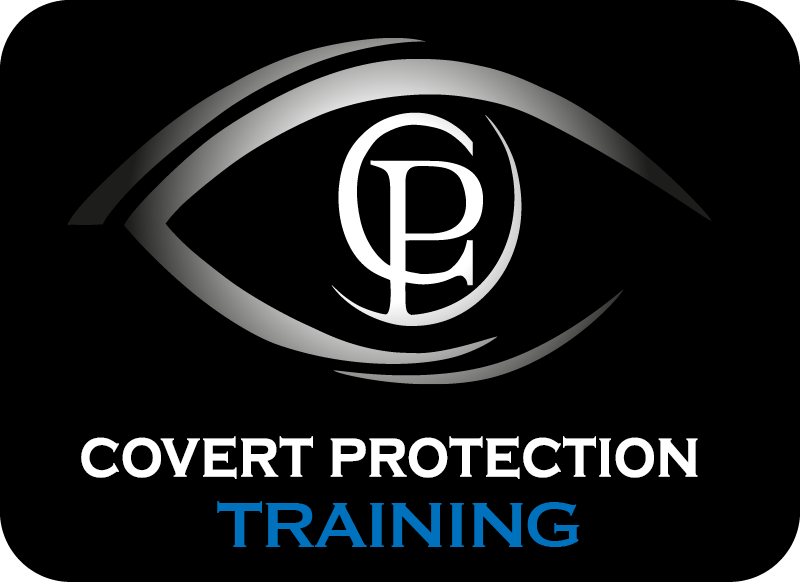
- COURSE: 6 DAYS
Level 2 Award for Door Supervisors in the Private Security Industry (RQF)
6 DAY COURSE
Who is this for?
The Level 2 Award for Door Supervisors in the Private Security Industry (RQF) is intended for learners who work or want to work as a Door Supervisor in the Private Security Industry and require an SIA Licence to Practice. This qualification will support a role in the workplace. This course consists of 4 Units taught over a 6 day period, a breakdown of each unit is summarised below.
Pre-Requisites:
This qualification is aimed at learners 18 years and over who are able to undertake the responsibilities of Door Supervisors.
Due to the nature of the role of a Door Supervisor, in the course of their work it is likely they will be required to make calls to the emergency services or need to communicate to resolve conflict. It is therefore essential that Door Supervisors are able to communicate effectively.
All assessment must be conducted in the medium of English and/or Welsh as appropriate. Centres must ensure that learners have sufficient language skills before putting the learners forward for assessment.
As a guide, learners should as a minimum have language skills equivalent to the following:
- a B1 level qualification on the Home Office’s list of recognised English tests and qualifications
- an ESOL qualification at (Level 1) on the Ofqual register taken in England, Wales or Northern Ireland
- an ESOL qualification at Scottish Credit and Qualifications Framework level 5 awarded by the Scottish Qualifications Authority (SQA) and taken in Scotland
- Functional Skills Level 1 in English
- SQA Core Skills in Communication at Scottish Credit and Qualifications Framework level
- Essential Skills Wales Communication Level 1
- Learners should be able to work at level 1 and above. In addition, they must be able to meet the training provider set health and physical requirements for the
- Physical Intervention Skills within the Private Security Industry unit (please discuss with your training provider prior to commencement on this qualification)Learners will need to show that they hold a current and valid First Aid or Emergency First Aid certificate* that meets the requirements of the Health and Safety (First Aid) Regulations 1981.
- Learners should, as a minimum, have achieved an Emergency First Aid at Work qualification.
Course Elements:
Unit 1 Principles of Working in the Private Security Industry
This unit provides the learner with basic knowledge which supports development into specialist units. Establishing the roles, responsibilities and general legislation which is applicable to all individuals operating within the licenced private security sectors is the key objective of this important unit.
- Know the main characteristics and purposes of the Private Security Industry
- Understand legislation as it applies to a security operative
- Understand arrest procedures relevant to security operatives
- Understand the importance of safe working practices
- Understand fire procedures in the workplace
- Understand emergencies and the importance of emergency procedures
- Understand how to communicate effectively as a security operative
- Understand record keeping relevant to the role of the security operative
- Understand terror threats and the role of the security operative in the event of a threat
- Understand how to keep vulnerable people safe
- Understand good practice for post incident management
Unit 2 Principles of Working as a Door Supervisor in the Private Security Industry
This specialist unit provides the learner with in depth knowledge of the role of a Door Supervisor along with the legislation and requirements of maintaining the key principles of protecting both a licenced premises and the patrons within.
- Understand crimes relevant to door supervision
- Know how to conduct effective search procedures
- Understand drug-misuse legislation, issues and procedures relevant to the role of a door supervisor
- Understand preservation of evidence relevant to the role of a door supervisor
- Understand licensing law relevant to the role of a door supervisor
- Understand queue management and venue capacity responsibilities relevant to a door supervisor
- Know how to use equipment relevant to a door supervisor
Unit 3 Application of Conflict Management in the Private Security Industry
Managing conflict effectively brings immediate benefits to both the learner to avoid situations leading to violence and to the employer by establishing a professional brand image. Early recognition of the signs of escalation can provide excellent customer service and support a safer working environment.
- Understand the principles of conflict management appropriate to the role
- Understand how to recognise, assess and reduce risk in conflict situations
- Understand the use of problem-solving techniques when resolving conflict
- Be able to communicate to de-escalate conflict
Unit 4 Application of Physical Intervention Skills in the Private Security Industry
This unit covers both the knowledge and the practical skills required to use physical intervention when working in the private security industry. It provides an introduction to best practice including restrictive and non-restrictive interventions, and the implications of their use, the hazards of using physical interventions and how to reduce the risk of harm being caused, and the actions that must be taken after an incident. This unit also provides an opportunity to develop non-aggressive physical intervention skills to protect yourself and others and non-restrictive and restrictive skills that you can employ when standing, holding or escorting individuals.
- Understand physical interventions and the implications of their use
- Understand the risks associated with using physical intervention
- Understand how to reduce the risks associated with physical intervention
- Be able to use physical skills to protect yourself and others
- Be able to use non-pain compliant standing, holding and escorting techniques
More Information:
For more information on this course please visit the Awarding Organisations website:



